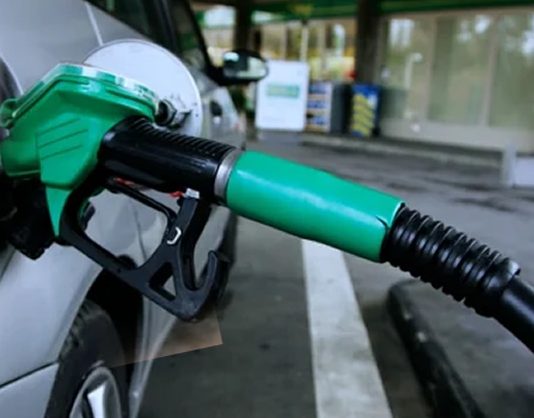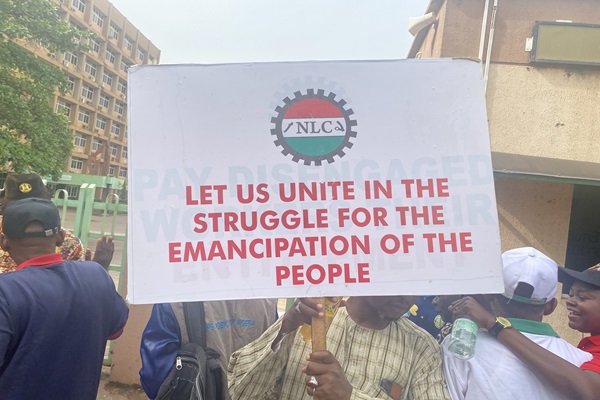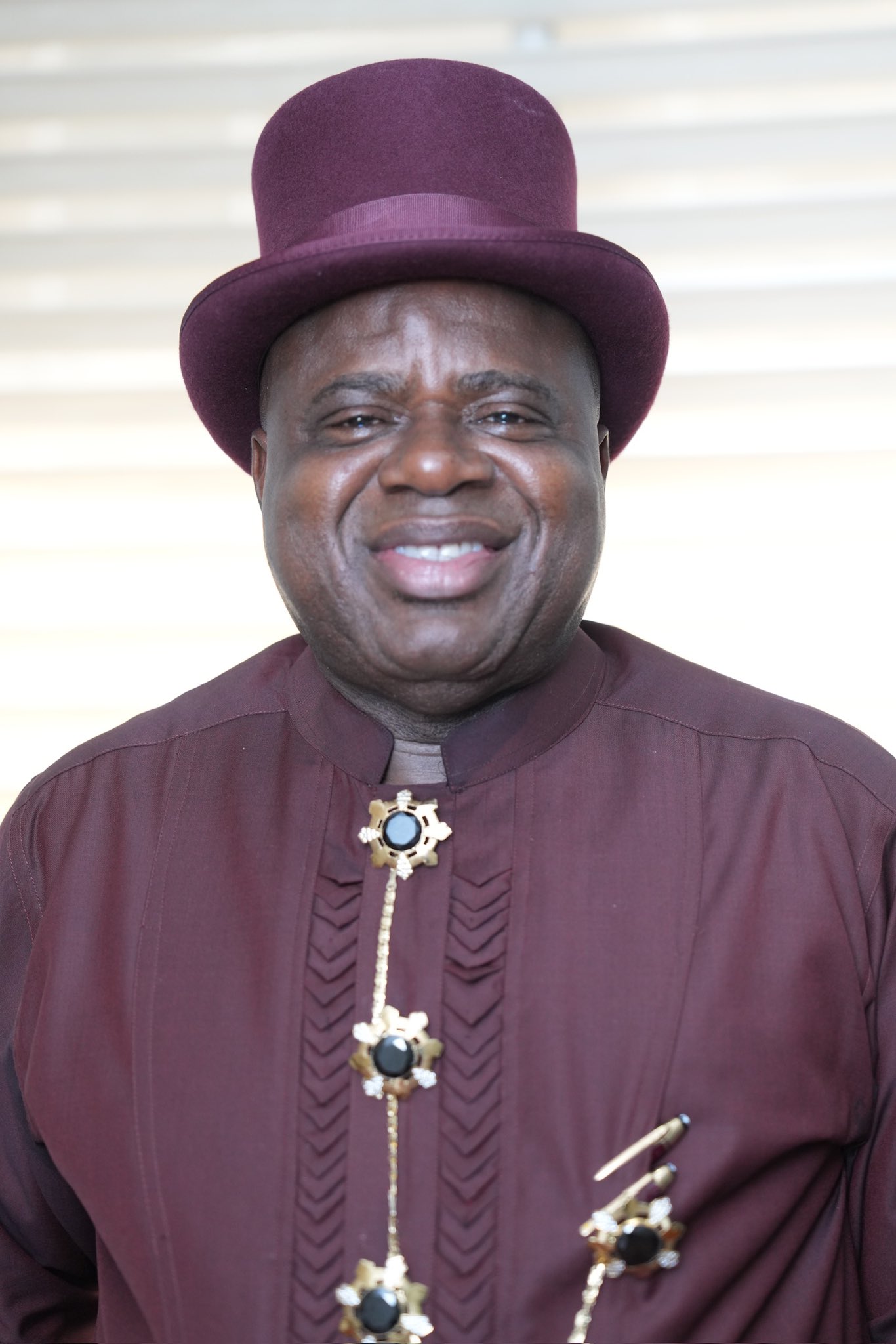The Major Energies Marketers Association of Nigeria (MEMAN) announced on Wednesday that the landing cost of Premium Motor Spirit (PMS), also known as petrol, was N1,117 per litre as of July 16, 2024. This disclosure came during a webinar with journalists and revealed that the landing costs for diesel and aviation fuel were N1,157/litre and N1,127/litre, respectively.
This landing cost is significantly higher than the current pump prices in Nigeria, where petrol sells for between N617 and N660 per litre at stations operated by the Nigerian National Petroleum Company Limited (NNPC) and major marketers, while independent marketers sell it for N700/litre or more. Despite being the sole importer of petrol, NNPC has consistently denied subsidising PMS and has kept the landing cost under wraps.
MEMAN's Executive Secretary, Clement Isong, stated that the cost figures were obtained from independent energy price benchmark providers and emphasized the association's commitment to regularly providing such information to keep the public informed. Recently, independent oil marketers accused private depot owners of raising the ex-depot price of petrol from N630 to N720 per litre.
READ ALSO
Dangote Refinery to Begin Petrol Production Next Month Following Resolution of Crude Supply Issues
Customs Seize 36,875 liters Petrol Consignment Headed to Cameroon
Energy expert Prof. Wumi Iledare noted that the current price gap between diesel and petrol in Nigeria is unusually large, suggesting hidden subsidies or under-recoveries. Similarly, Prof. Adeola Adenikinju of the University of Ibadan highlighted that the government is effectively subsidising petrol prices by absorbing the difference between international and local costs.
The International Monetary Fund (IMF) has warned Nigeria to remove implicit fuel and electricity subsidies, projecting that these subsidies could consume three percent of the nation's GDP in 2024. Despite President Bola Tinubu's declaration to remove fuel subsidies in May 2023, the NNPC and the Federal Government have denied any ongoing subsidisation of PMS prices.




